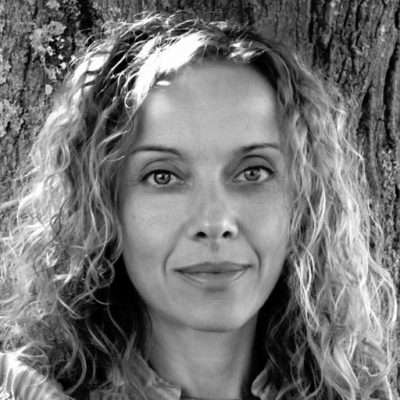Every year in the January issue, in print and online, Choice publishes a list of Outstanding Academic Titles that were reviewed during the previous calendar year. This prestigious list reflects the best in scholarly titles reviewed by Choice and brings with it the extraordinary recognition of the academic library community.
“Elizabeth I and Ireland” edited by Brendan Kane, University of Connecticut and Valerie McGowan-Doyle, Kent State University, Ohio. Cambridge University Press 2014.
The last generation has seen a veritable revolution in scholarly work on Elizabeth I, on Ireland, and on the colonial aspects of the literary productions that typically served to link the two. It is now commonly accepted that Elizabeth was a much more active and activist figure than an older scholarship allowed. Gaelic elites are acknowledged to have had close interactions with the crown and continental powers; Ireland itself has been shown to have occupied a greater place in Tudor political calculations than previously thought. Literary masterpieces of the age are recognised for their imperial and colonial entanglements. Elizabeth I and Ireland is the first collection fully to connect these recent scholarly advances. Bringing together Irish and English historians, and literary scholars of both vernacular languages, this is the first sustained consideration of the roles played by Elizabeth and by the Irish in shaping relations between the realms.
‘The first sustained study of both Elizabeth I’s relationship to the conquest of Ireland and Irish views of Elizabeth I’.
‘Coordinates the study of early modern Irish- and English-language sources around a common theme for the first time’.
‘The multidisciplinary approach allows readers to experience some of the intellectual, social and linguistic richness of the period’.
 The remarkable preservation of the Early Bronze Age village of Afragola on the Campania Plain of Southern Italy is unmatched in Europe. The site was buried under nearly a meter of volcanic ash deposited by the Avellino eruption of Vesuvius ca. 3945+10 cal. BP. The site boasts a large number of well-preserved structures, built features and organic materials and thus provides a laboratory-type setting in which to investigate variability in artifact distribution and activity areas across a single village. This research utilizes micromorphological analysis of thin sections of undisturbed sediment collected at the site to understand how people used living spaces, organized daily activities and, when possible, to connect village life to broad issues related to the emergence of social complexity on the Campanian Plain. In particular, micromorphology is used to identify the type and range of human activities, the function of features and buildings, and the intensity of site occupation. The micromorphological analysis at Afragola provides a unique example of a briefly occupied agricultural village with what appears to be minimally stratified social organization during the Early Bronze Age of southern Italy.
The remarkable preservation of the Early Bronze Age village of Afragola on the Campania Plain of Southern Italy is unmatched in Europe. The site was buried under nearly a meter of volcanic ash deposited by the Avellino eruption of Vesuvius ca. 3945+10 cal. BP. The site boasts a large number of well-preserved structures, built features and organic materials and thus provides a laboratory-type setting in which to investigate variability in artifact distribution and activity areas across a single village. This research utilizes micromorphological analysis of thin sections of undisturbed sediment collected at the site to understand how people used living spaces, organized daily activities and, when possible, to connect village life to broad issues related to the emergence of social complexity on the Campanian Plain. In particular, micromorphology is used to identify the type and range of human activities, the function of features and buildings, and the intensity of site occupation. The micromorphological analysis at Afragola provides a unique example of a briefly occupied agricultural village with what appears to be minimally stratified social organization during the Early Bronze Age of southern Italy.
